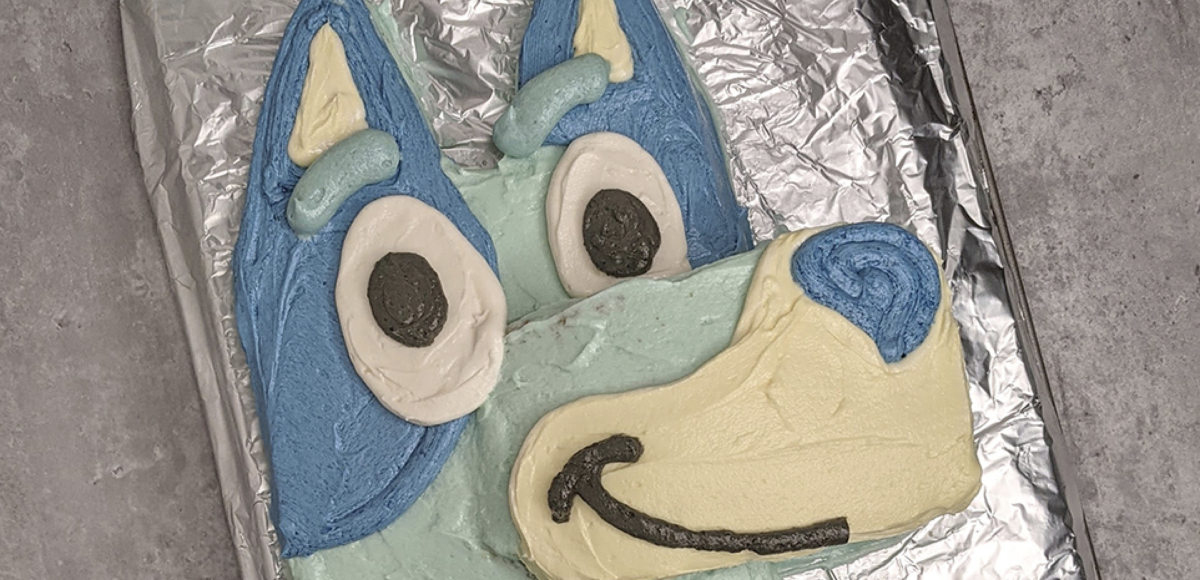This post may contain affiliate links. Every link is hand-selected by our team, and it isn’t dependent on receiving a commission. You can view our full policy here.
Sometimes you need a dark, decadent thriller. You know it’s not going to inspire any earth-shattering bits of wisdom or provide you with groundbreaking insights into the human mind. It’s just, well, thrilling, as you flip from page to page, rushing to outwit the author and figure out whodunnit before the big reveal at the end.
Final Girls is that book. Like Gone Girl before it, the novel’s a gritty pageturner that at first seems all too obvious (thirty pages in, I was convinced I had it all figured out) — then keeps you guessing until the very end.
 If the name sounds familiar, it’s because the book is a play on the “final girl” trope — a horror movie convention where one innocent, virginal girl is the last of her friends standing at the end of a horror flick. She’s the one who confronts (and often, ultimately kills) her would-be killer. Laurie (AKA Jamie Lee Curtis) from the Halloween franchise is often cited as a primary example as a “final girl,” as well as Alice from Friday The 13th and Wendy in The Shining.
If the name sounds familiar, it’s because the book is a play on the “final girl” trope — a horror movie convention where one innocent, virginal girl is the last of her friends standing at the end of a horror flick. She’s the one who confronts (and often, ultimately kills) her would-be killer. Laurie (AKA Jamie Lee Curtis) from the Halloween franchise is often cited as a primary example as a “final girl,” as well as Alice from Friday The 13th and Wendy in The Shining.
Ripley Sager’s Final Girls acts as an epilogue to that concept: What happens to the girl after she’s lost everyone? What does her life look like say, 10 years later? The book follows Quincy, a woman who was the sole survivor of a massacre at the cabin she and her friends had been staying at. The murders happened a decade ago, making her renowned by the media as a “final girl,” along with two other survivors of similar mass murders. The three girls seek solace in one another, as they find themselves hounded by creepy fans and gossip-thirsty reporters, but when one girl seems to have committed suicide, it stirs up all kinds of questions.
As campy as the premise is, the book excels at exploring what it’s like for someone to experience such a traumatic event — and to have people define them by that one act, years later. To try so hard to have others view you as more than what happened to you; to escape their pity or their macabre intrigue. That’s what really draws you in. That and the idea of showing just how horrific the aftermath of living with such a tragedy could be, considering most horror movies end with the woman surviving, blood-soaked and shaking, yet triumphant, without ever making you pause and consider what their world would be like weeks, months, and years later, after those closest to her were brutally killed.
Admittedly, I didn’t want to like this book. It bothered me that the author, Todd Ritter, chose to write under a pseudonym (Riley Sager) with a bio that left it intentionally vague whether it was written by a man or woman. It seemed like a commercial ploy to capitalize on the trend of female-driven thrillers written by women. However, I can also see that the book may not have been given as fair a chance had it been obviously written by a man, and that the author wanted to distance himself from his previous work, much like J.K. Rowling and her pseudonym, Robert Galbraith.
It’s a dark, gritty read, but it’s a page-turner. If you’ve had enough business and self-help to last you a while, consider this.
Find Final Girls on Amazon.
Photo by Katya Austin on Unsplash




